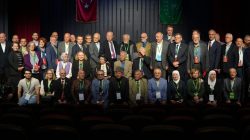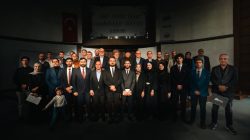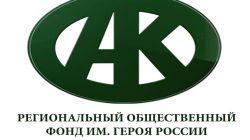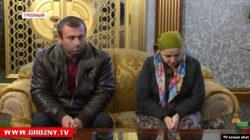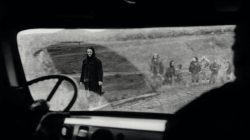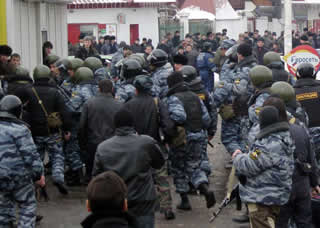
Nazran/Agency Caucasus – The Human Rights Watch, or HRW, an New York-based organization dedicated to protecting the human rights of people around the world, sent an envoy to Ingushetiya after it was blackened with increased accusations of human rights violations that erupted from operations by Russian federal forces against the Ingushes.
The HRW envoy met with Murat Zyazikov, President of Ingushetiya, who has recently become a target for a lot of oppositional criticism about remaining inactive against operations by Russian forces, being unable to stop corruption and nepotism. The meeting also hosted a discussion about problems facing refugees who came from Chechnya and North Ossetia and about the level of success in political adherence to human rights. Zyazikov defended the view that his country rapidly grew after he made an evaluation of the situation that affected his country both socioeconomically and sociopolitically.
The HRW envoy received a warm welcome from all administrative departments, said Aleksandr Petrov, the HRW consultant for Russia, and he thanked the president for his answers to all questions. The Ingush security officials, the Ingush human rights official and some members of the parliament were among the people who had discussions with the HRW envoy.
A report released in April by the Memorial Human Rights Center, based in Moscow, said that the situations in Ingushetiya went worse than ever in the second half of 2007. It was reported that the resisters became more active while the state organization violated human rights when it tried to crush terrorism. More importantly, the administration of Ingushetiya was reported to use force to crush civilian protests against arbitrariness prevalent among the security forces. The Ingush administration was also blamed for stigmatizing the press as "a force that damaged stability" simply because it brought to the front pages the situation of the country.
Last but not least, the administration was accused in the report of preventing journalists, human rights defenders and independent monitors from carrying out their work. KU/ÖZ/FT
[ssba]
